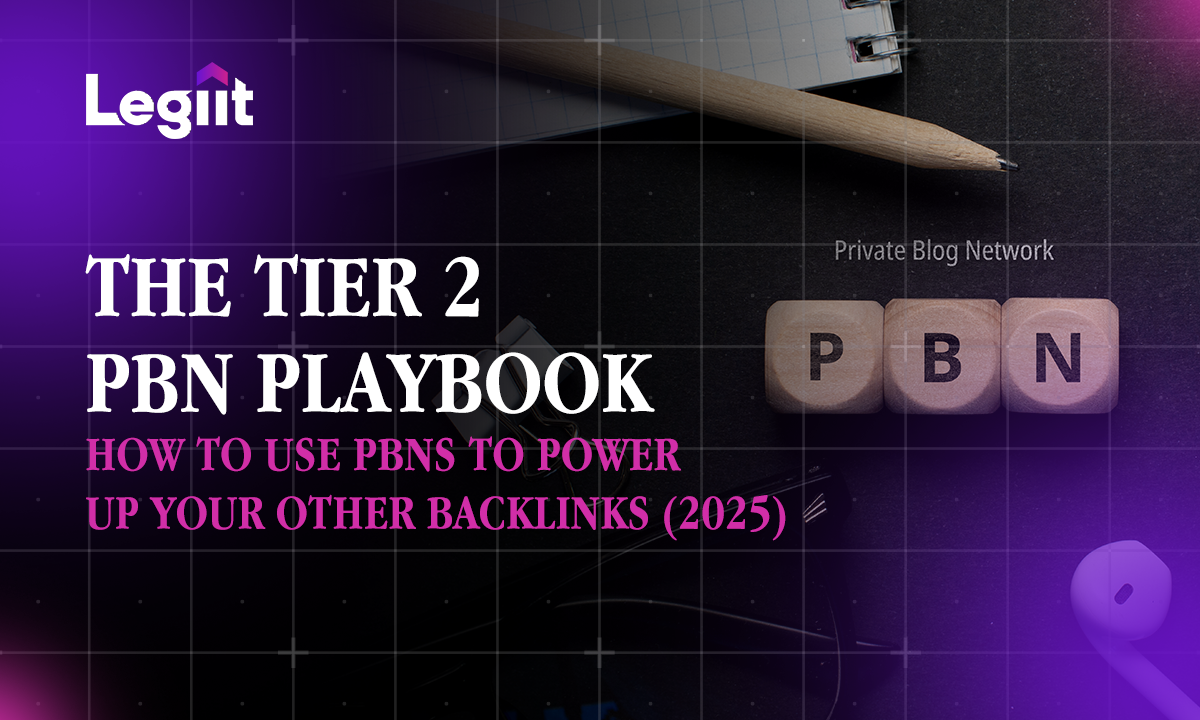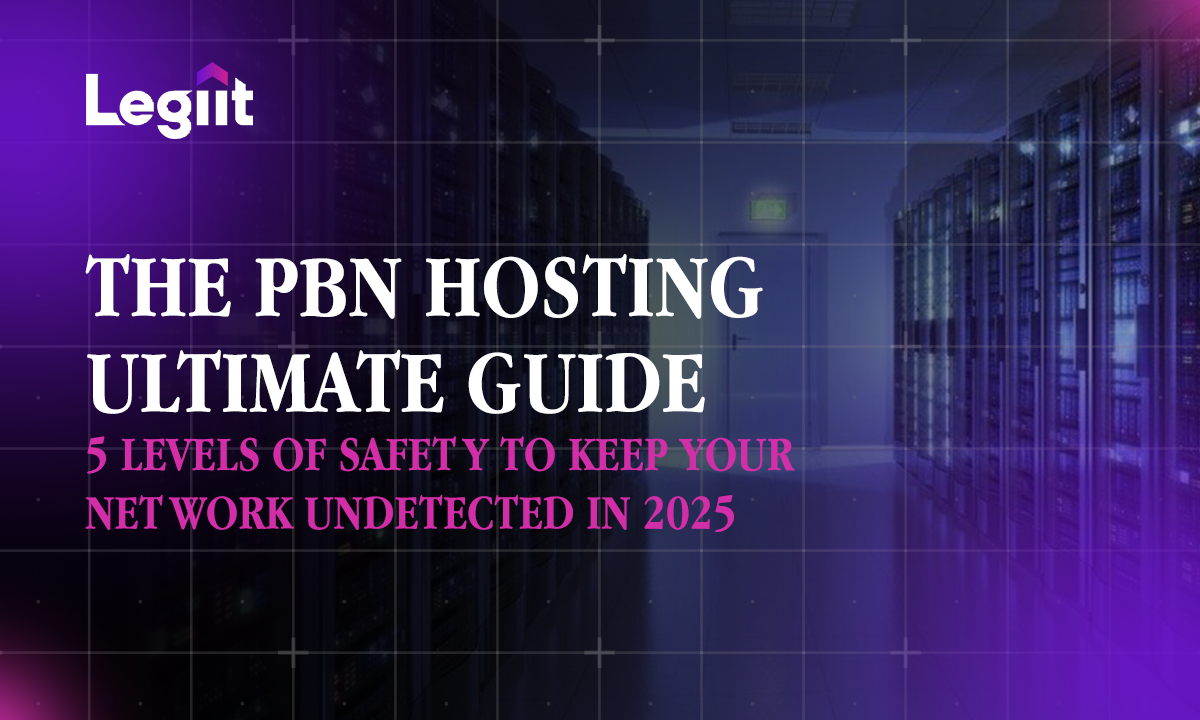One of the biggest questions that has plagued the world of SEO and link building is the debate between quantity and quality.
Which one matters more? Is it better to have a large number of low-quality backlinks or a smaller number of high-quality backlinks? And how many backlinks should a website have overall?
Understanding the backlink equation is crucial for effective link building.
In this article, we will dive deeper into the quantity vs. quality debate and provide insights on how to strike the right balance for successful link-building.
How Many Backlinks Do I Need To Rank?

An overarching concern for many SEO experts and website owners is how many backlinks do I need to rank? This is important because the number of backlinks has long been considered a significant ranking factor by Google.
To make your website competitive in terms of SEO, you should ideally aim for 40 to 50 backlinks pointing to your homepage and anywhere from 0 to 100 backlinks for all individual web pages.
But remember, it's not just about the numbers. The PageRank scores of these backlinks carry significant weight.
The higher the PageRank of a backlink, the more valuable it is for your website's authority and ranking.
This means having a smaller number of quality backlinks can be just as powerful (if not more) than having a large number.
How Many Backlinks Do I Need Per Month?
There's no set number for how many backlinks you should acquire per month. How many links you need depends on several factors, including:
- Website Age: If you’re a newcomer, your website may require more backlinks to establish its presence and authenticity.
- Keyword Difficulty: For a highly competitive target keyword, you may need a higher number of high-value backlinks.
- Existing Backlink Profile: If your website already boasts a plethora of high-quality backlinks, you may not need to acquire as many new ones each month.
- Content Quality: High-quality, engaging content naturally attracts more backlinks. Therefore, focusing on creating excellent content can reduce the number of backlinks you need.
- SEO Strategy: Your overall SEO strategy determines the number of backlinks you need. If you’re focusing more on on-page optimization, you might need fewer backlinks.
- Website's Authority: If you own a website with high authority, you can generally acquire fewer but higher-value backlinks. This emphasizes the importance of quality over quantity.
- Niche: Some niches or industries may require more backlinks due to their nature and target audience. For instance, a fashion website may need more backlinks compared to a local plumber's website. This is because the former may have a wider audience and more significant competition.
General Recommendations
In general, it's essential to consider steady and consistent backlink acquisition as a crucial aspect of your SEO strategy.
Not all backlinks are beneficial. Attempting to accumulate a large number of them all at once can potentially trigger Google’s spam filters, leading to detrimental effects on your website’s search engine rankings.
This principle stems from Google’s preference for organic growth and natural backlink profiles.
It's recommended to aim for a few high-quality, relevant backlinks per month.
This strategy allows your website's backlink profile to develop naturally over time, thereby bolstering its authenticity and credibility in Google's view.
So How Many Backlinks per Month is Safe?
For a new website, start with obtaining up to 10 links per month.
Once your site becomes more established and has more authority, you can increase this to up to 50 links per month.
Is Getting 100 Backlinks From 100 Different Websites Better?
In the realm of link building, diversity is key. Therefore, it is typically more advantageous to obtain 100 backlinks from 100 different websites rather than accumulating 1,000 links from a single website.
This approach aligns with Google's predilection for a diverse and organic backlink profile.
Each unique domain that links back to your site is seen as a separate vote of confidence in your content. As such, it significantly strengthens your site’s trustworthiness and authority.
On the contrary, multiple links from the same website, despite their volume, are considered singular endorsements which may not yield the same SEO benefits.
Therefore, focusing on the diversity of your link sources, rather than pure quantity, should be the cornerstone of an effective and natural link-building strategy.
What Matters More: Backlink Quality or Quantity?
Now let's delve into the quality vs. quantity debate.
While the ideal scenario is to have both high-quality and numerous backlinks, it's always important to prioritize quality over quantity when building links.
There are many reasons for this, including:
Improve Rankings
Quality backlinks improve your website's organic ranking.
When a well-respected, authoritative site links to your page, it signals to Google that your content is valuable and trustworthy.
Such endorsements, in conjunction with effective on page SEO boost your website's visibility on search engine results pages (SERPs), In turn, this leads to increased traffic.
Conversely, links from low-quality or spammy sites can harm your ranking.
Google's algorithms are sophisticated enough to discern the quality of your backlinks and determine whether they have been acquired through black hat SEO strategies.
In essence, fewer links from reputable sources can have a more significant impact than a large number of low-quality backlinks from just any website.
Increase Website Traffic
Having high-grade backlinks can also drive relevant traffic to your website.
When authoritative websites in your niche link back to your content, they introduce your website to a larger, yet targeted audience.
This not only increases your visibility but also results in higher conversion rates as the traffic is comprised of individuals interested in your product or service.
Therefore, acquiring top-level backlinks gives you the dual advantage of improved search engine rankings and increased relevant traffic, demonstrating the importance of prioritizing quality over quantity in your link-building strategy.
Drive Domain Authority

One of the biggest goals of link building is to increase your website's domain authority. This metric measures a website's credibility and trustworthiness in the eyes of search engines.
High-quality backlinks from reputable sites signal that your website has valuable, relevant content worth promoting. As a result, your website's domain authority improves, leading to increased visibility and traffic.
On the other hand, too many low-grade backlinks can negatively impact your domain authority.
Search engines become increasingly sophisticated in detecting spammy and irrelevant links. So it is essential to prioritize quality when building backlinks.
Establish Brand Authority
Aside from increasing your website's domain authority, high-quality backlinks also help establish your brand as an authoritative source in the industry.
When reputable websites link back to your content, it serves as a vote of confidence for your brand and the information you provide. This not only boosts your credibility but also helps you build relationships with other authoritative websites in your niche.
Boost Your Website's Relevance
In addition to domain authority and brand authority, backlinks also play a vital role in improving your website's relevance.
As Google crawls the web, it considers the number and quality of backlinks to a website as an indicator of its relevance. This means that having a diverse portfolio of high-quality backlinks can increase your website's chances of ranking for relevant keywords.
When you have too many backlinks, the search engine may view your website as spammy or irrelevant, and this can negatively impact your ranking.
Long-Term SEO Benefits
Having more high quality links yield long-term SEO benefits. They provide a steady stream of referral traffic, bolster your website's credibility, and improve its ranking over time.
These benefits persist long after the backlink is established, contributing to your site's sustained online presence.
Too many backlinks, however, might offer a temporary boost but do not support long-term growth. They may even harm your SEO performance due to penalties.
What Is a Good Backlink?
It’s clear that quality matters more than quality – but what is a quality backlink?
A good backlink is one that comes from a high-authority, reputable website and appears within text that is relevant to the content on your site that it is linking to. It should also appear on relevant anchor text.
The most powerful backlinks have the following elements:
- Relevance: The backlink should come from a site that is relevant to your industry or topic.
- High Domain Authority: Backlinks from websites with a high Domain Authority (DA) are more valuable. They indicate that the site being linked to is trustworthy and credible.
- DoFollow: A good backlink should be a DoFollow link, meaning it passes SEO value to your website.
- Natural: A good backlink should appear natural and not forced. This means it should fit organically within the context of the page it's placed on.
- Non-reciprocal: Non-reciprocal backlinks, where there is a one-way link from another site to your site without a return link, are often seen as more valuable. They indicate to search engines that other sites value your content enough to link to it without expecting a link in return.
Conclusion
When it comes to backlinks, quality trumps quantity every time.
That’s why you need to take your time to build connections and establish strong relationships with other websites in your niche. This will help you gain valuable backlinks that enhance your website's reputation and credibility.
Don't be tempted by quick fixes or shortcuts to build backlinks that may offer short-term gains but ultimately harm your website's SEO performance.
Rather invest in quality link-building strategies for lasting success.













 Download
Download